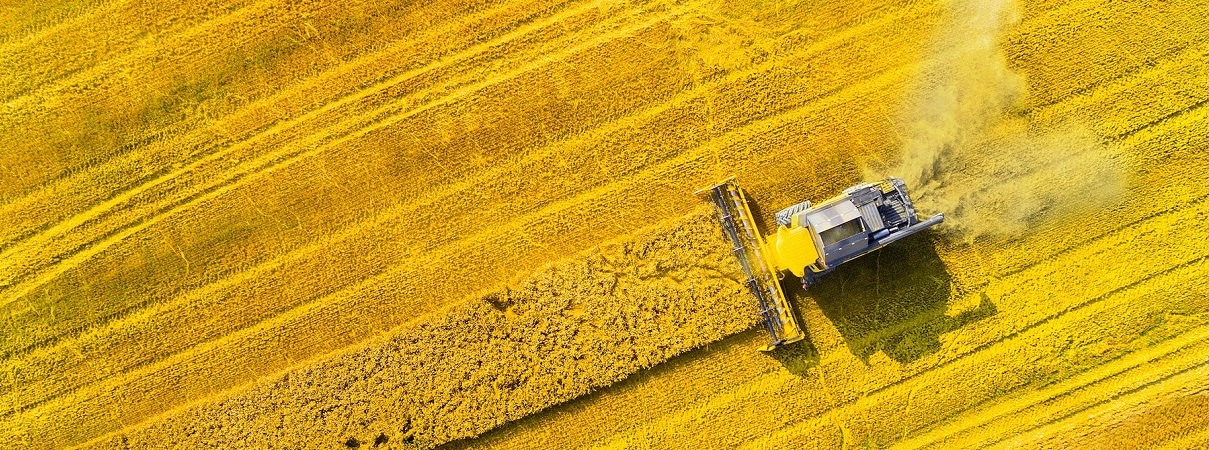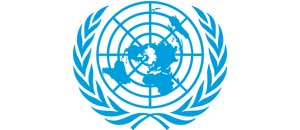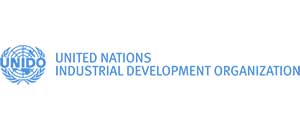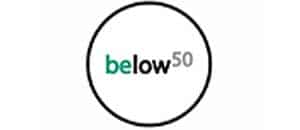Biofuture Platform

Goal
Lead global actions to accelerate the development, scale-up and deployment of sustainable bio-based fuels, chemicals and materials, by providing a forum for policy dialogue and collaboration among leading countries, companies, organisations, academia and the private sector.
Overview

Bioenergy is the world’s largest source of renewable energy today. In most energy scenarios consistent with reduced greenhouse gas emissions, bioenergy plays a significantly expanded role. For instance, in the IEA Net Zero Emissions 2050 Roadmap, modern bioenergy use rises threefold by 2050, meeting almost 20% of total energy needs and becoming the second largest source of energy supply.
It also plays a critical role in some hard to abate sectors like aviation to reach net zero. However, bioenergy should be considered only as one component of a broader bioeconomy, where bio-based feedstocks are used to produce high-value products that substitute for more carbon-intensive chemicals and materials such as plastics, concrete, steel and aluminium. In addition, an expanded bioeconomy provides opportunities to incentivise improved land management while helping countries deliver the Sustainable Development Goals.
The Biofuture Platform Initiative (BfPI) was launched at the 11th Clean Energy Ministerial (CEM11) to lead global actions to accelerate the development, scale-up and deployment of sustainable bio-based alternatives to fossil-based fuels, chemicals and materials.
The initiative, chaired by the US Department of Energy and coordinated by the International Energy Agency, provides a forum for policy dialogue and collaboration among leading countries, organisations, academia and the private sector.
Strategic goals of the Biofuture Platform Initaitive are to:
- Foster consensus on biomass sustainability, availability and governance.
- Promote policy best practices and convergence
- Enable supportive financing mechanisms.
- Promote cooperation on policy, regulation and technology.
Partners include key organisations such as the IEA Bioenergy Technology Collaboration Programme, the International Renewable Energy Agency, and the Global Bioenergy Partnership. Furthermore, BfPI works closely with other CEM/MI initiatives including those focusing on innovation, biorefineries, hydrogen and carbon capture.
BfPI was built upon the Biofuture Platform, a 22-country effort established in 2016 under the leadership of the Government of Brazil to accelerate the transition to a sustainable, low-carbon, global bioeconomy.
Activities
BIOMASS QUANTIFICATION AND SUSTAINABILITY GOVERNANCE
Goal
Promote an evidence-based understanding of sustainable biomass production and use, in order to:
- Ensure appropriate roles for sustainable biomass to help achieve goals for net-zero, climate-smart energy, and sustainable development.
- Reduce sustainability risks for biomass production and utilization.
- Recognition that biomass is the foundation for more sustainable, circular economies.
Participants
BfPI membership
How to Join?
For all inquiries into the activities of the Biofuture Platform Initiative, please email facilitator@biofutureplatform.org
POLICY BLUEPRINT
Goal
Provide countries with the methodologies, tools and practical guidance to evaluate and improve the impact and effectiveness of their bioenergy and bioeconomy policies. The Blueprint is based on a quantitative and qualitative analysis of member countries’ policy portfolios. It aims to provide guidance on the essential elements of such portfolios, along with good practice policy examples.
Participants
Country profiles have been prepared for the following countries: Brazil, Netherlands, United States.
How to join
For all inquiries into the activities of the Biofuture Platform Initiative, please email facilitator@biofutureplatform.org.
First Cohort of Action Plans—CEM14
Community
Co-leads
Coordinator
Partners
 Food and Agriculture Organization of the United Nations
Food and Agriculture Organization of the United Nations
 International Renewable Energy Agency
International Renewable Energy Agency
 Sustainable Energy for All
Sustainable Energy for All
 United Nations UNCTAD
United Nations UNCTAD
 United Nations UNIDO
United Nations UNIDO
 Brazilian Bioinnovation Association
Brazilian Bioinnovation Association
 ApexBrasil
ApexBrasil
 Below50
Below50
 Centro de Gestao e Estudos Estrategicos
Centro de Gestao e Estudos Estrategicos
 Wbcsd
World Council on Industrial Biotechnology
Wbcsd
World Council on Industrial Biotechnology
